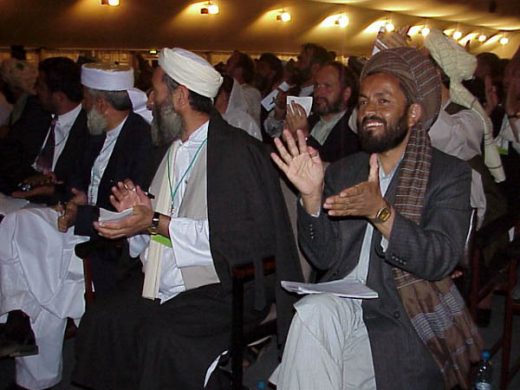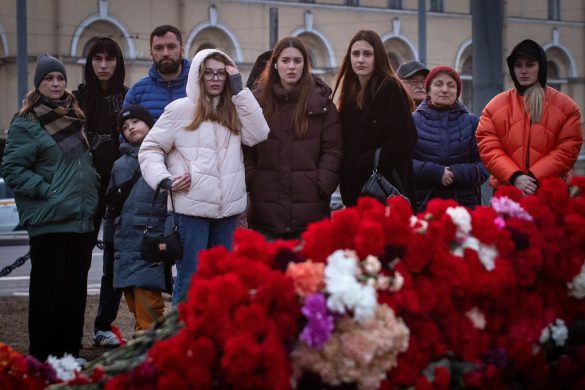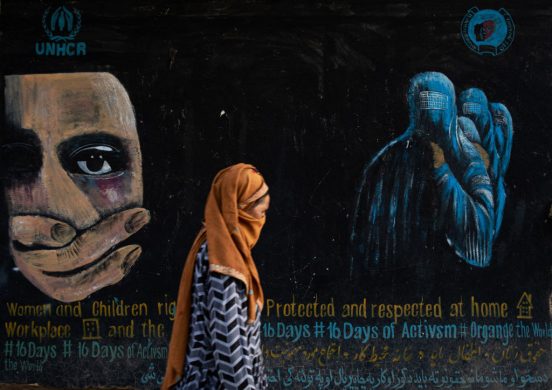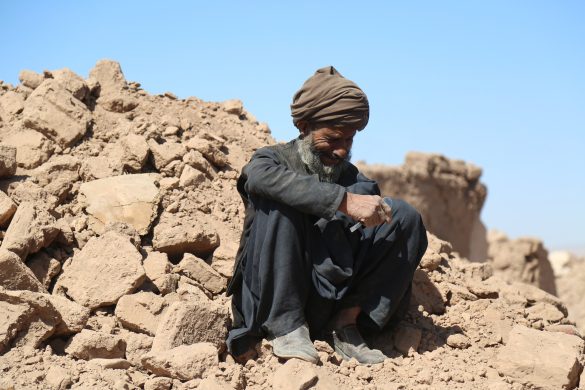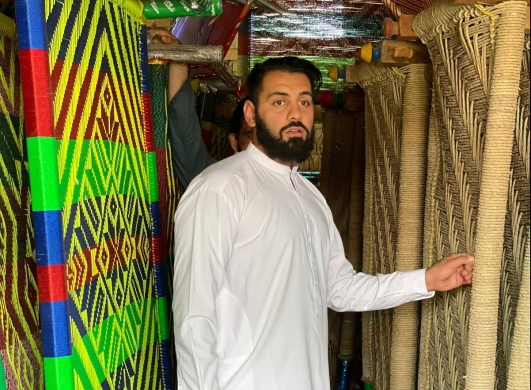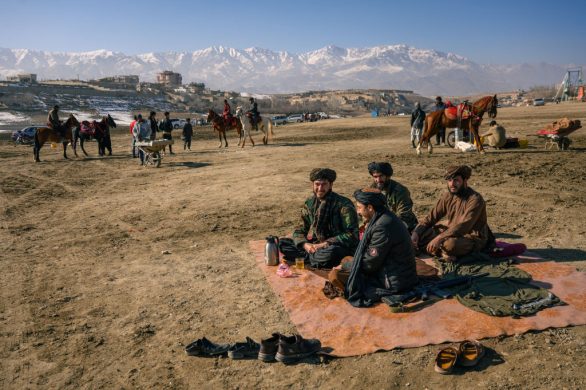A series of public debates in Afghanistan has given audience members opportunities to see their leaders in the flesh and put tough questions to them. These frank exchanges are unusual, and for officials who make an appearance, somewhat intimidating.
In Wardak province, southwest of the capital Kabul, Enayatullah Mayar described the challenges of facilitating public meetings as part of an IWPR programme called Afghan Reconciliation: Promoting Peace and Building Trust by Engaging Civil Society, designed to create an open, safe space for discussing ways towards peace and stability.
“Government officials were always nervous about meeting the public, so they used to avoid coming to such events,” he said.
“Some of them were so anxious they were gasping for breath if they had to say even a word in front of an audience. I coaxed them like a teacher encouraging a pupil who has to address his classmates.”
Admit that they are not doing their job
Mayar said that as officials gradually gained in confidence, they began actively asking to be involved in the debates, and they asked for feedback on their performance afterwards.
He said there was a fundamental lack of trust that deterred both officials and their constitiuents from engaging one another in open debate.
“Initially, the young people [in the audience] were scared and felt unable to ask questions,” Mayar said.
“I told them not to be afraid, to feel free to think whatever they wanted, to put their questions fearlessly and critically, and get answers to them.”
As a result, people became more daring and challenged officials to their faces. In response, some officials even admitted that they had not been doing their jobs properly.
When people first heard about the debate series, they were naturally suspicious, and Mayar had to explain that the purpose was to “enlighten and inform” with no ulterior motive.
Local government officials – the provincial governor’s office and the heads of the departments for information and culture and for women’s affairs in Wardak – have now recognised the value of the debates, and want Mayar to carry on doing them.
Skype link with elders
Since starting work on the debate project, Mayar has been appointed dean of Wardak university, an appointment he puts down to the trust he has gained.
Meanwhile, debates continue to take place in other provinces under the Peace and Reconciliation.
A Skype link allowed tribal elders and civil society activists from Kandahar and Paktika provinces to meet each other and discuss their respective experience of conflict resolution.
A tribal elder in Paktika, Abdul Samad Shahid Plar, said people there generally opted for traditional ways of resolving land, water and family disputes.
“Corruption in the judicial agencies and the delay in processing cases mean that people prefer to resolve their problems more quickly through tribal jirgas [assemblies],” he said.
Turning to Taleban and jirgas
Mohammad Omar Satay, chairman of the peace council in Kandahar, said:
“Disputes and conflicts in Kandahar’s major towns are resolved by the government, but in more remote areas or where the government has no control, people resolve disputes by turning to the Taleban.”
Similar themes emerged at a virtual meeting between audiences from Balkh and Zabul provinces.
“Although decisions taken by tribal councils aren’t always appropriate and come with their own problems, people are forced to turn to jirgas by the corruption in the state judiciary and the delay in processing legal cases,” said Azizullah Khan, a tribal elder in Zabul.
Ashuqullah Manduzai, a tribal elder in Balkh, argued that “it isn’t just the corruption within many legal and judicial bodies – jirgas and tribal assemblies are traditional in Afghan society”.
A third Skype debate involving audiences in Khost and Faryab provinces looked at ways of engaging the Taleban.
“The armed groups are not interested in talks,” said Maulavi Shah Mohammad, chairman of the council of Islamic scholars in Khost. “They have lost faith in the Afghan government and the foreign forces. It’s the people who can use local traditions to engage the insurgents and invite them to join the peace process.”
In Faryab, audience member Abdul Wahab said 300 militants had joined the peace process as a result of efforts based on “local traditions and mechanisms”.
Other debates held in Kabul, Ghazni and Kapisa provinces focused on the role that parenting played in creating a peaceful society.
This report is based on an ongoing series of debates conducted as part of the Institute for War and Peace Reporting (IWPR) programme “Afghan Reconciliation: Promoting Peace and Building Trust by Engaging Civil Society.”

